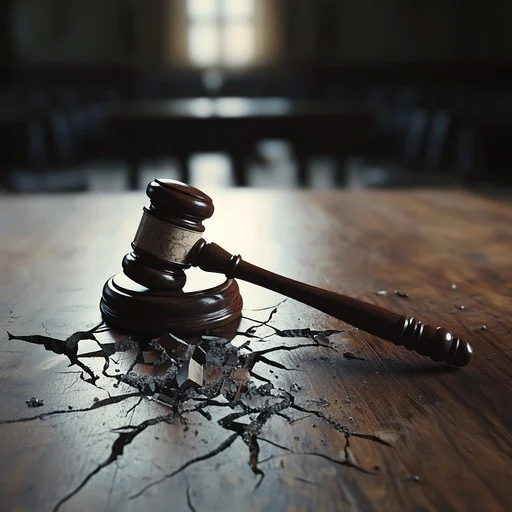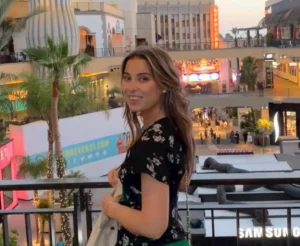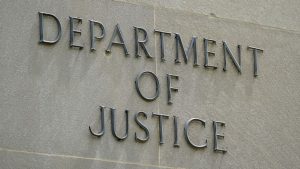What Really Happened to Jane Doe 11’s Lawsuit Against Epstein Associate Henry Jarecki.
It happened quietly. No headlines, no statements—just a short entry in a Manhattan court docket.
A woman known only as Jane Doe 11 quietly ended her civil lawsuit last Friday against Dr. Henry Jarecki, a wealthy psychiatrist and longtime acquaintance of Jeffrey Epstein.
The case had accused Jarecki of playing a direct role in Epstein’s abuse network, alleging that he used his professional position to gain control over her, then opened the door to her exploitation.
There was no press conference. No comment from either side. Just a simple entry in a Manhattan federal court: case dismissed, voluntarily.
With that, one of the few active legal efforts to hold someone from Epstein’s inner circle accountable came to an abrupt end.
Inside the Allegations
In her complaint, Jane Doe 11 described Jarecki as someone who didn’t just turn a blind eye but actively contributed to her abuse. She said he used his influence as a psychiatrist to manipulate her, breaking her down emotionally and mentally, and making it easier for Epstein to take control.
She described herself, hauntingly, as a “modern-day sex slave.” The words were blunt, painful, and hard to ignore.
Though Dr. Henry Jarecki hasn’t been criminally charged in connection with Epstein, his name has appeared more than once in the sprawling web of associates.
He transitioned from psychiatry into commodities and high-level philanthropy, all while maintaining a connection to Epstein that many still struggle to understand. This lawsuit was one of the first public attempts to examine that relationship in detail.
Why Was the Case Dropped?
That part remains unclear. The case was dismissed without prejudice, which means she’s allowed to refile in the future.
But there’s been no indication she plans to. No settlement has been announced, and no official reason has been given.
There are a few possibilities. It might’ve been a tactical decision maybe her legal team needed more time, more evidence, or a different approach. It’s also possible a confidential settlement was reached. Or perhaps, like many others who’ve taken on powerful people in court, she simply couldn’t keep going.
Civil litigation is expensive, exhausting, and deeply personal especially in cases involving abuse. Survivors aren’t just telling their stories; they’re reliving them, under the scrutiny of lawyers, judges, and sometimes the media.
And when the other side has money, influence, and elite legal help, the fight becomes even harder.
Sometimes, stepping back isn’t surrender it’s self-preservation.
Another Story That Fades
If you’ve been following what’s unfolded in the wake of the Epstein scandal, this story feels familiar. Women step forward. They speak their truth, they take legal action. But over time, many of those cases seem to disappear, quietly settled, dropped without a word, or lost in a tangle of legal process.
The case may be over, but what Jane Doe 11 shared still matters. Choosing to step away from the courtroom doesn’t erase the experience, it just shows how incredibly hard it can be to seek justice, even when someone finds the strength to speak up.
Jane Doe 11 case also raises deeper, more uncomfortable questions about the people who surrounded Epstein. Not just the obvious ones, but those who had influence, authority, and, in some cases, a duty to protect. Therapists. Lawyers. Financiers. People who may have looked the other way or worse.
When stories like this disappear from the news cycle, it becomes easier to forget how far reaching the damage really was.
Legally speaking, the case is closed. At least for now.
Whether Jane Doe 11 will return to court remains to be seen. But the lawsuit joins a growing list of legal efforts tied to Epstein that have ended without trial, without answers, and without closure.
More Articles from Lawyer Monthly





















